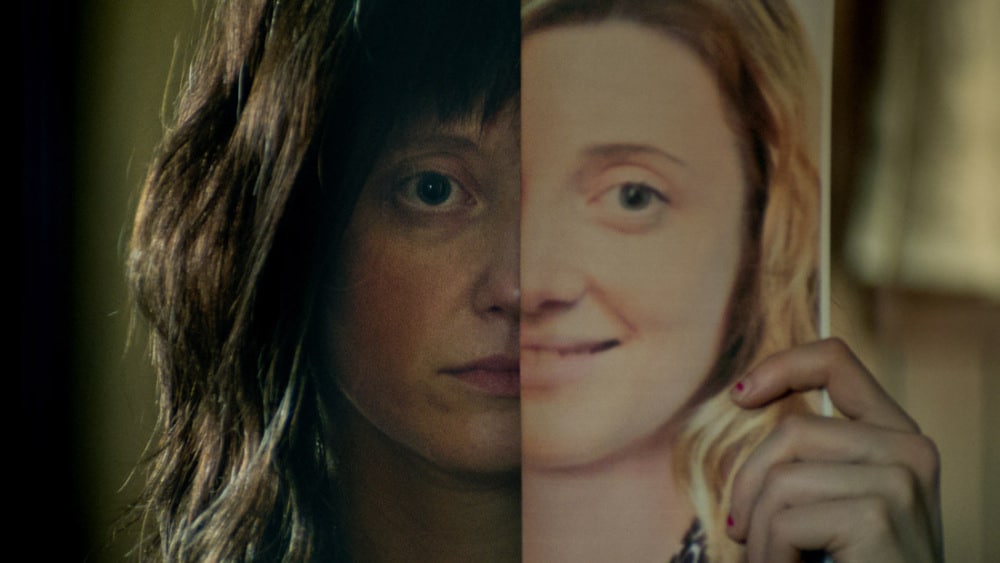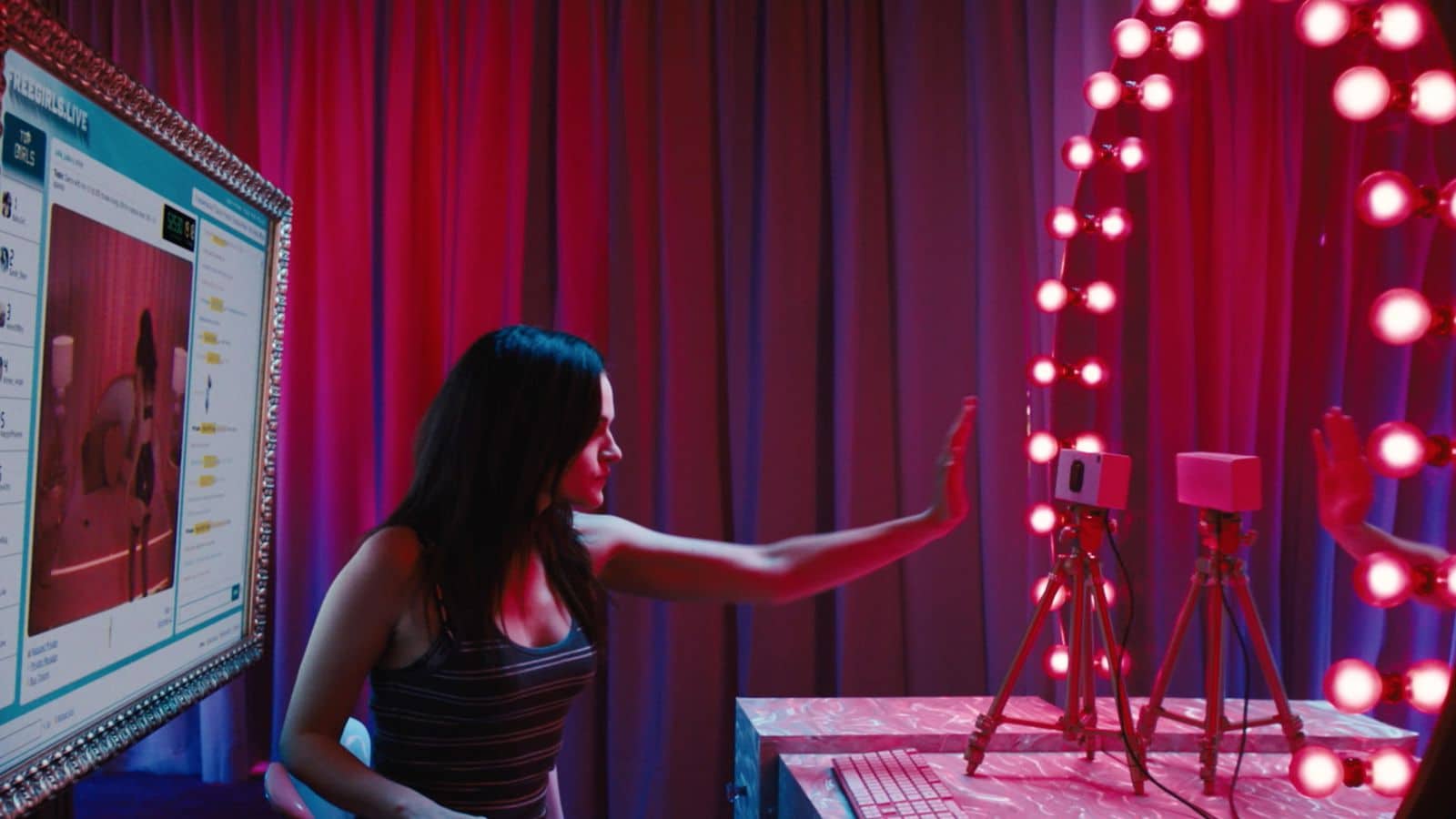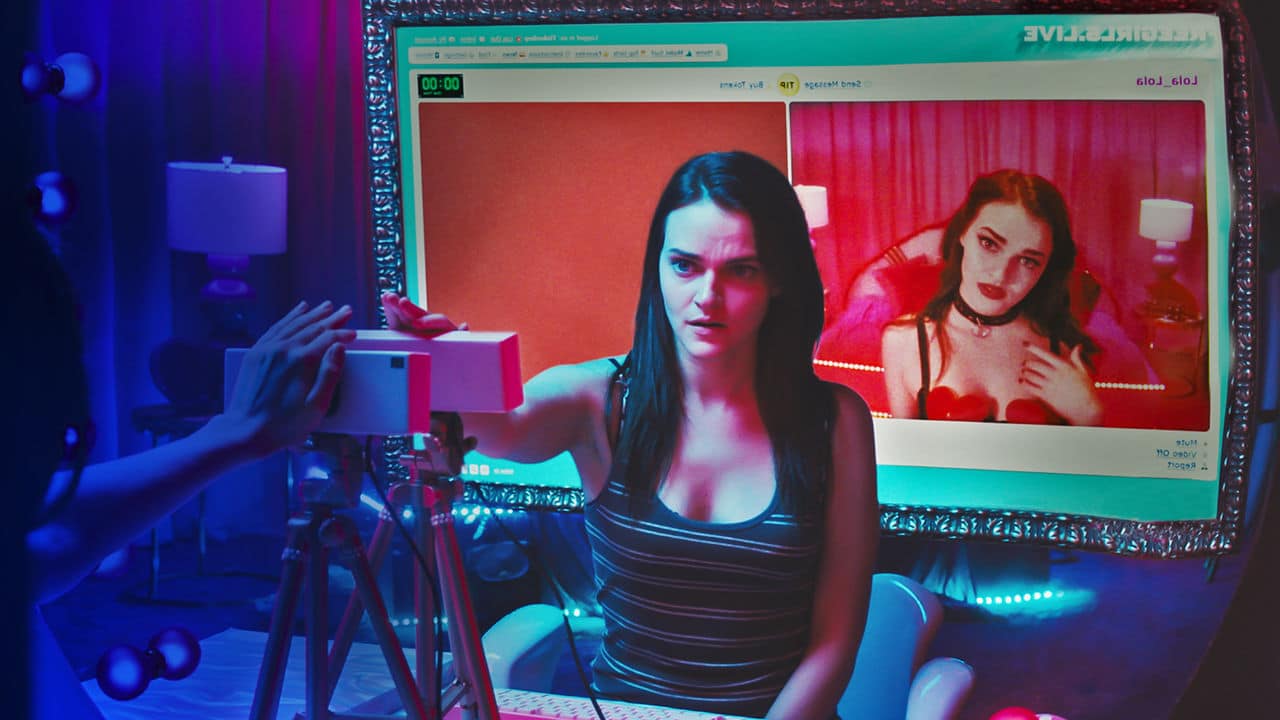Logged In and Freaked Out at Final Girls Film Festival
Logged In and Freaked Out at Final Girls Film Festival

Technology is scary. We are scared of the monsters scientists build in their labs; we are scared of what computers might be thinking behind their screens; we are scared of biological weapons that spread beyond our control. Horror inhabits these anxieties with glee, taking our nameless unease with the positive progress narrative and forcing us to confront our fears. Mary Shelley gave us Frankenstein’s monster. The Matrix franchise gave us an army of machines. 28 Days Later and countless other zombie movies gave us a vision of the human race destroyed by its own violence.
But in 2019, I wonder if our fears about technology are evolving. Most of the time, we treat technology as part and parcel of everyday life, something useful and even companionable, rather than an inhibitor or a disruptive force. Shifting with us, horror’s focus is less on the machine as enemy, and much more on the ways technology is affecting our own inner psyches.
Sara Neidorf, one of the curators of Berlin’s Final Girls feminist horror film festival, agrees. “I think one thing that's changing is that sci-fi / technological horror films are becoming closer and closer to the realities that we know. As the chasm between monstrous technology and real life phenomena gets thinner and thinner, the potential for even more effective horror increases.” It’s perhaps no surprise, then, that Final Girls’ headlining films straddled the line between horror and psychological thriller.

In Nancy, Christina Choe’s twisting identity crisis thriller, the titular character compulsively constructs fake online profiles, seeking attention and compassion from her readers. She is an appropriate protagonist now, when it is easier than ever to build a fake life online and immerse yourself in the virtual at the expense of the real. The film suggests that our anxiety about living in a society of surveillance has been dwarfed by the worry that we might be seen in the wrong way, or worse, that we might not be seen at all. Alice, the cam-girl heroine of Daniel Goldhaber’s CAM, pursues online fame with a relentless pragmatism. But whereas Nancy creates a fake identity to achieve some semblance of human connection, Alice is a businesswoman in the world of webcamming, where popularity equals money. As in Nancy, Alice’s fears revolve around her need to be seen and to be liked, but the difference is that Alice is selling herself as a product. She is presenting not a fake identity but a commodity, which she embodies.

CAM takes cam girls seriously as content creators, and pushes the issue of online piracy to the extreme when a mysterious body double takes over Alice’s site and begins performing without her consent. Alice is forced to watch her doppelgänger wreak havoc in cam shows that become increasingly revealing of Alice’s real, private life. Conversely, in Nancy it’s Nancy herself who becomes a body double, when she sees a striking resemblance between herself and a computer generated photo of a kidnapped girl, who would be roughly Nancy’s age had she survived.
Doppelgänger horror stories are nothing new, but technology offers a new avenue for the trope. Alice’s double is not a product of narcissism, psychosis, or her longing to be someone different (as explored in films like Black Swan or The Double), but rather the outcome of a brutal cyber/capitalist landscape where everything that can be monetized can be copied or stolen, including our bodies and our identity. CAM takes this loss of control over representation to the extreme, to demonstrate the trauma of having your likeness distributed without your consent online.
Nancy flips our view to the perspective of the imitator. When she reaches out to the parents of her kidnapped doppelgänger, wondering if she might be the lost child they are looking for, it’s not clear how much of the lie she herself believes. The film is a gloomy musing on self-alienation and the lengths we will go to to escape ourselves, and Nancy occupies an uneasy place in the middle of her own convoluted plot: not exactly a villain, but not a sympathetic anti-hero either. Instead she is something of an enigma.

Alice is a compelling heroine because she refuses to allow her agency to be taken from her. Through her ceaseless crusade to take her doppelgänger offline, CAM highlights sex workers’ determination to control the presentation of their bodies. Her search for truth and justice is fairly straightforward; her body and identity belong to her, and so she goes to extreme lengths to take them back. For Nancy, the question of identity is more complicated. The central issue in Nancy is not the pain she inflicts on the family or the lengths to which she goes to uphold her lie - it’s the question of whether she actually believes her lie or not. It demonstrates the ease with which a person can assume a new identity, convincing not just those around them, but also themselves.
The reason that both CAM and Nancy are so effective is that, as Neidorf says, they are visceral reflections of our everyday experiences with technology. Catfishing, revenge porn, and leaked nudes are commonplace. The erosion of privacy and the increased opportunities to present a fake life online are quickly becoming normalised aspects of our culture. It is horror’s job to throw these norms into high relief, and to make what is often accepted as natural, or at least inevitable, seem unnatural.
In her Final Girls presentation on biotechnology, cultural studies professor Alanna Thain pointed out that technological developments are often a double edged sword for women and marginalized groups. As much as they advance the lives of those who can access them, they also create new ways to control and undermine marginalized groups and subvert their agency into desperation. Technology creates a sociopolitical landscape which is new, but not any less harsh. Horror watches, and reflects.
Check out the trailers to CAM and Nancy here:
Get DADDY in your Inbox
Stay in the loop by subscribing to our newsletter